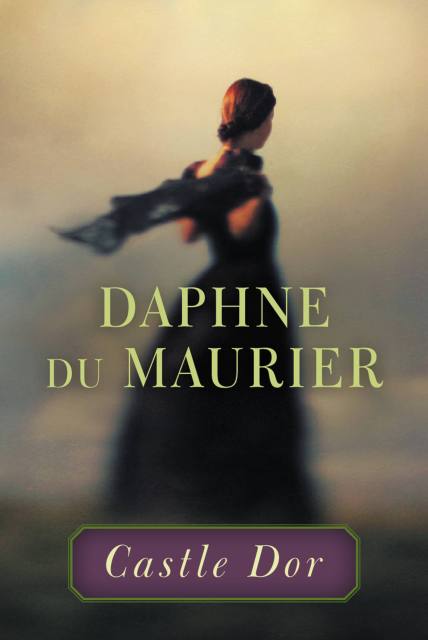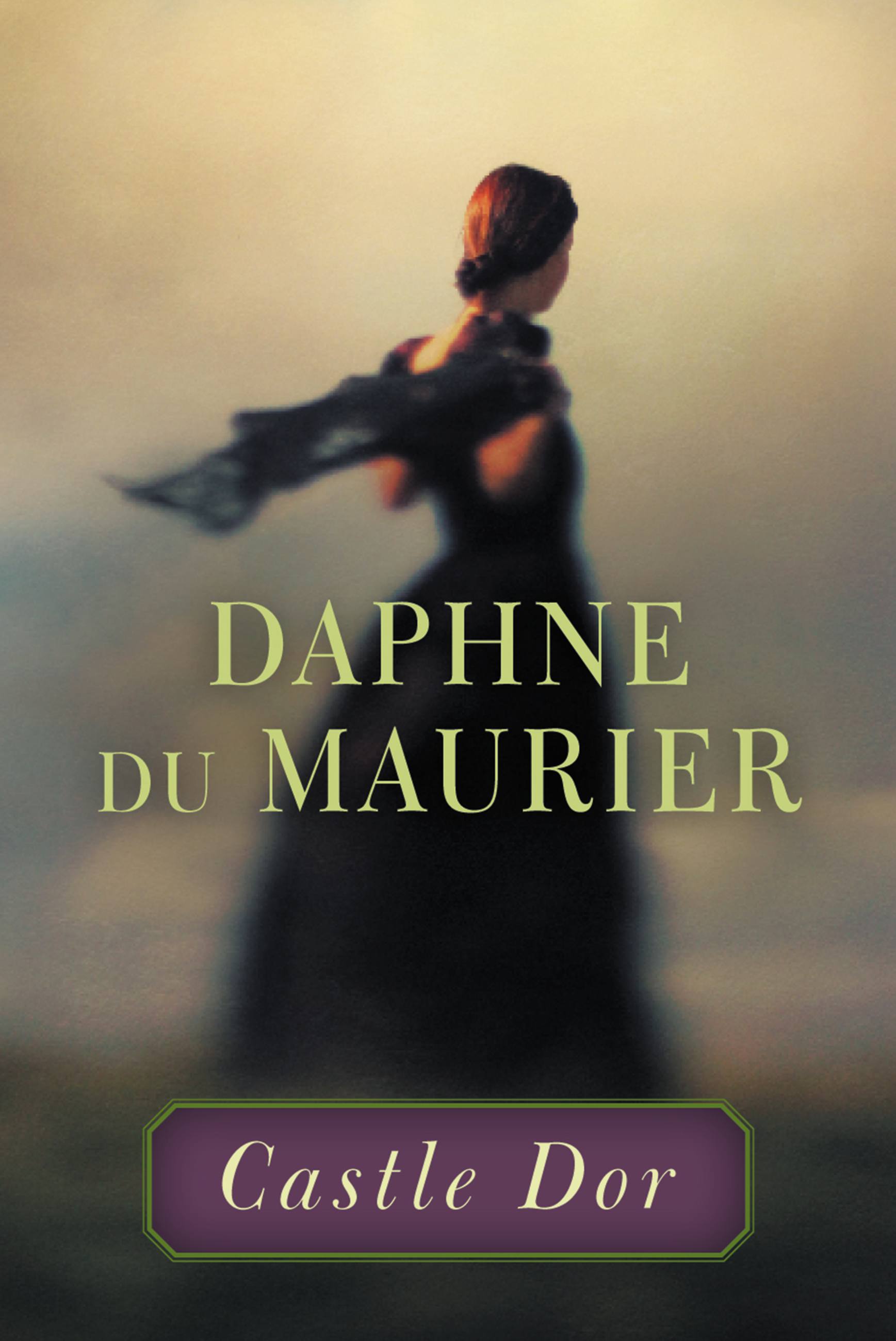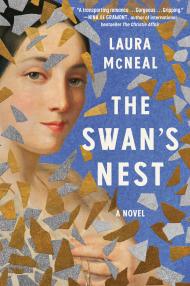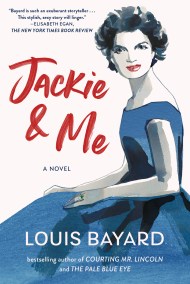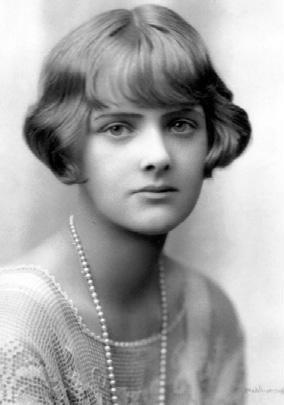Promotion
Use code MOM24 for 20% off site wide + free shipping over $45
Castle Dor
Contributors
Formats and Prices
Price
$6.99Format
Format:
ebook (Digital original) $6.99This item is a preorder. Your payment method will be charged immediately, and the product is expected to ship on or around December 17, 2013. This date is subject to change due to shipping delays beyond our control.
Also available from:
“Daphne du Maurier has no rival.”-Sunday Telegraph
A spellbinding love story, Castle Dor was the unfinished last novel of the British novelist Sir Arthur Quiller-Crouch, better known as “Q.” The novel was passed on to Daphne du Maurier by his daughter, who was sure that du Maurier’s storytelling skills were perfectly suited to completing the tale.
The result is a magical, compelling retelling of Tristan and Iseult, the star-crossed lovers transplanted in time to the Cornwall of the last century. A chance encounter between the Breton onion-seller, Amyot Trestane, and the newly-wed Linnet Lewarne launches their tragic story, taking them in the fateful footsteps of the doomed lovers of Cornish legend.
A spellbinding love story, Castle Dor was the unfinished last novel of the British novelist Sir Arthur Quiller-Crouch, better known as “Q.” The novel was passed on to Daphne du Maurier by his daughter, who was sure that du Maurier’s storytelling skills were perfectly suited to completing the tale.
The result is a magical, compelling retelling of Tristan and Iseult, the star-crossed lovers transplanted in time to the Cornwall of the last century. A chance encounter between the Breton onion-seller, Amyot Trestane, and the newly-wed Linnet Lewarne launches their tragic story, taking them in the fateful footsteps of the doomed lovers of Cornish legend.
Genre:
- On Sale
- Dec 17, 2013
- Page Count
- 288 pages
- Publisher
- Little, Brown and Company
- ISBN-13
- 9780316253581
Newsletter Signup
By clicking ‘Sign Up,’ I acknowledge that I have read and agree to Hachette Book Group’s Privacy Policy and Terms of Use
